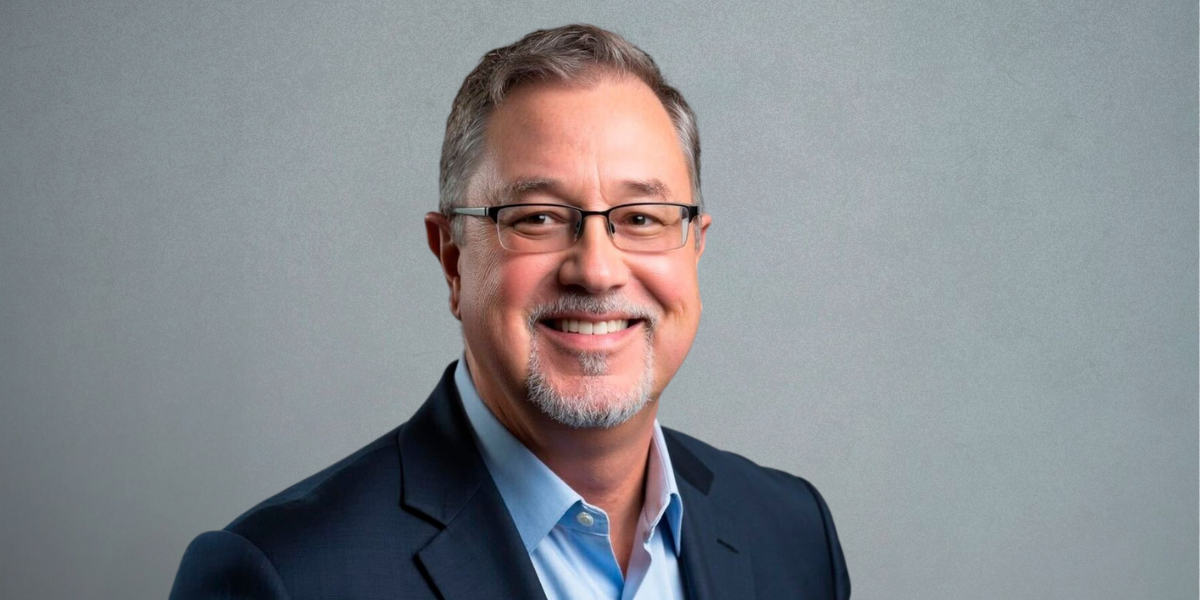By: Joshua Finley
Healthcare presents unique challenges for business growth, with complex regulations, shifting reimbursement models, and an evolving marketplace. Scott Boulas, a former army officer turned healthcare executive, brings military-grade strategic thinking to help medical practices navigate these challenges and achieve sustainable growth. With nearly 30 years of experience in healthcare sales leadership and managing substantial deals, Scott has gained valuable insights into the factors that contribute to the success of healthcare businesses.
Tackling Healthcare Industry Challenges
The healthcare industry faces unprecedented pressures that make scaling particularly challenging. “Healthcare has so much regulation and governmental tinkering around revenue streams.,” Scott explains. The big five reputable insurers—United Healthcare, Anthem, Blue Cross Blue Shield, to name a few—are all enjoying record profits, while the government constantly meddles with what doctors should make.” This complex environment creates multiple challenges.
Reimbursements for specialties like radiology have seen consistent cuts for at least a decade. Meanwhile, an aging population requires more medical care, but fewer young people are entering specialized medicine. The result? A growing supply-demand gap and increasing physician burnout.
“You’ve got physician burnout. They’re really not making enough money to justify it. They’re all thinking about early retirement,” Scott notes. “Especially in rural America, small and critical access hospitals are shutting down at an alarming rate. It’s a broken business model.”
Applying Military Strategies to Business Growth
Drawing from his military background, Scott applies strategic principles to healthcare business growth. “One of the things I learned as an army officer that I bring to business success is reconnaissance,” he shares. “You would never go into a military mission unless you knew as much as you could because there’s risk.” This reconnaissance approach translates into thorough market research and customer understanding.
Scott emphasizes the importance of founders spending significant time talking directly with customers and potential customers. “Clients don’t always know what problem they’re trying to solve,” he explains. “Just really asking thoughtful questions and really being present and listening. Is there a better way?”
Targeting the Right Customers

Scott advocates for a focused approach to market development, using what he calls the “force multiplier” principle from his military days. “There are 370 million people in the United States, over six and a half billion now in the world. You can’t communicate to all of them,” he emphasizes. “Get really keenly focused on who you can help the most. Really clearly talk directly to them, one person at a time, one potential customer at a time.” This targeted approach begins with defining an ideal client profile (ICP).
“The danger in small business is there’s an old saying: if you try and please everyone, you’ll please no one,” Scott warns. “Small businesses that try to spread too thin and too broad kill themselves because their message is not focused enough and clear enough and resonating enough.”
Building Sustainable Growth
For medical practices looking to scale, Scott recommends thinking beyond single transactions. “It should be I’m going to create a client for life. It’s the idea of how do I turn one sale into a lifetime of value?” he explains. This approach focuses on setting clear expectations: “Here’s what I aim to deliver.” By meeting or surpassing those expectations, you can create a positive experience for your audience. Understanding the sales funnel is crucial for sustainable growth. Scott breaks down the typical market: “Think of just to make math simple, a hundred ideal clients. At any given time, only about three or four actively search and buy something. Then there’s about seven to eight out of a hundred who may be aware they have a problem, but it’s not painful enough or urgent enough or a priority right now.”
As healthcare continues to evolve, Scott sees opportunities for practices that can adapt and scale effectively. The key is maintaining focus while building sustainable, long-term relationships with clients. “You want to narrow the focus of who your ideal client or customer is. You want to get real clear what problems are they trying to solve? What alternatives are there? How do you differentiate your market?” he advises.
For those looking to build valuable and profitable healthcare businesses, Scott’s military-inspired approach offers a proven pathway to growth. By combining strategic thinking with genuine human connection, healthcare practices can navigate the complex landscape while building lasting value for their clients and communities.
To learn more about Scott Boulas and his approach, check out his LinkedIn profile.
Disclaimer: This content is for informational purposes only and is not intended as financial advice, nor does it replace professional financial advice, investment advice, or any other type of advice. You should seek the advice of a qualified financial advisor or other professional before making any financial decisions.
Published by: Holy Minoza


















